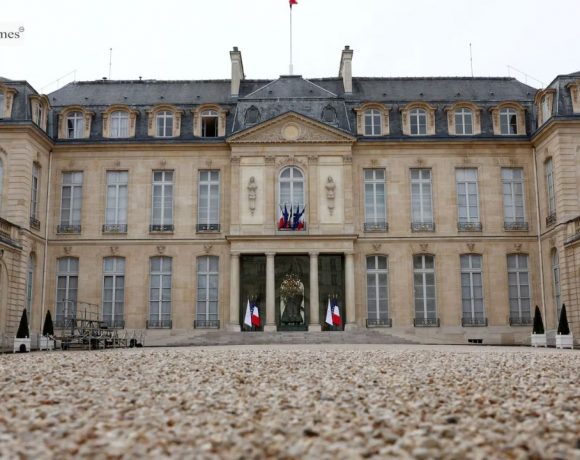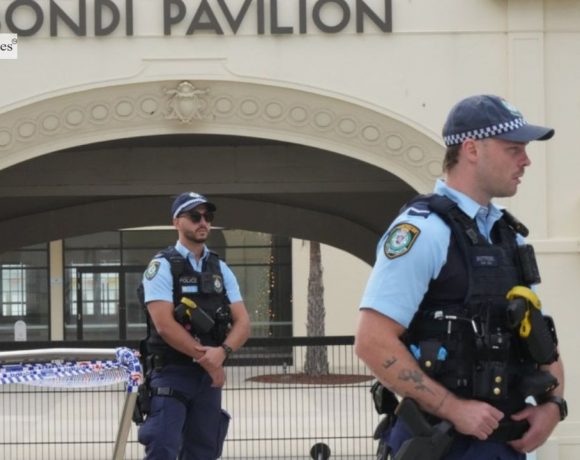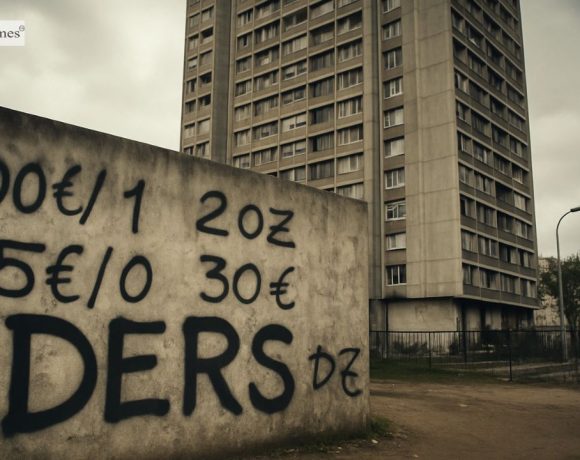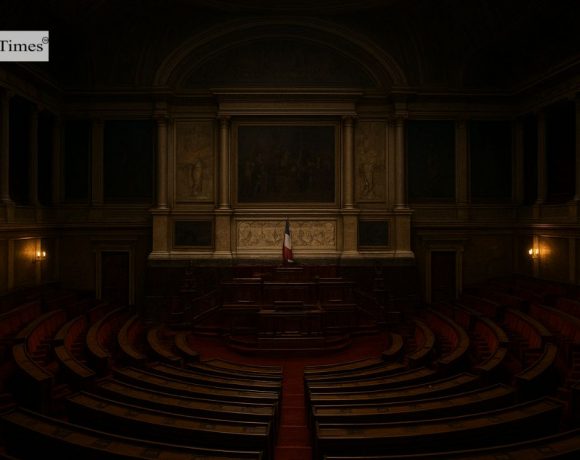
Actor George Clooney, his wife Amal Clooney, and their twin children, Alexander and Ella, have been granted French citizenship, according to official government documents. The move comes after Clooney expressed concerns about raising his children amid the pressures and scrutiny of Hollywood. The family, who also hold U.S., British, and Lebanese ties, primarily reside on a farm in France, while maintaining homes in England and Kentucky.
Clooney has openly discussed his desire to provide his children with a more normal upbringing, away from the constant attention of paparazzi and Hollywood fame. “I was worried about raising our kids in LA, in the culture of Hollywood. France – they kind of don’t give a sh*t about fame,” he told the New York Times, emphasizing that the country offers a safer and more private environment for his family. He has also previously written to media outlets requesting that his children’s faces not be published.
France’s strict privacy laws make it illegal to photograph individuals in private spaces or share personal information such as home addresses. Celebrities in France are further protected, as photographers can face legal action if they capture images outside official appearances, a system that Clooney and other public figures have welcomed as a safeguard for their personal lives.
Pic courtesy: google/ images are subject to copyright









